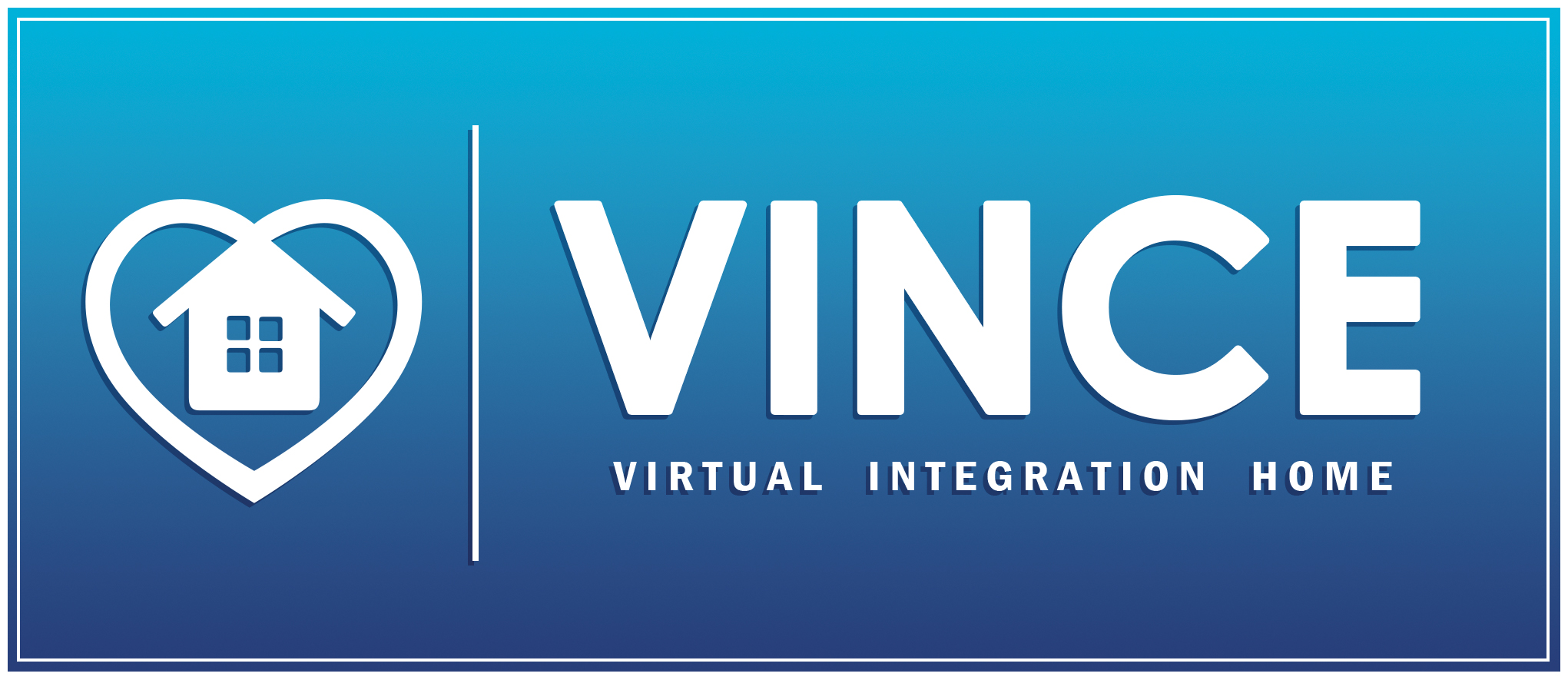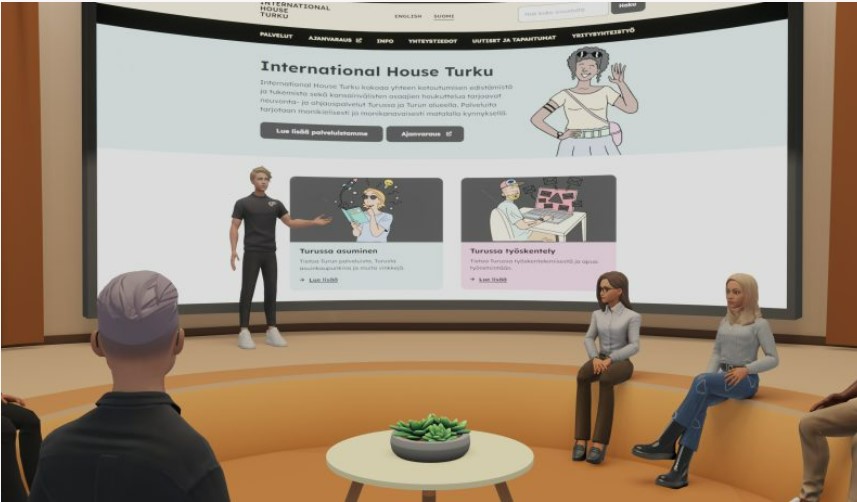In an era where technology reshapes our world, the Virtual Integration Home (VINCE) project stands out as a beacon of innovation, leveraging AI to enhance public service accessibility and foster a deeper sense of community among migrants.

One of the revolutionary aspects of the VINCE project is its utilization of AI to enhance communication and engagement between migrants and public services. By leveraging natural language processing and machine learning, the project develops chatbots and virtual assistants capable of providing real-time support in multiple languages. This innovation ensures that language barriers, which often hinder effective communication, are significantly reduced. Consequently, migrants can receive personalized assistance and information, fostering a deeper sense of belonging and integration into their new communities.
Data-Driven Insights for Improved Service Delivery
AI’s role in the VINCE project extends beyond direct interaction with migrants. Through the analysis of data collected from user interactions, AI technologies can identify trends, preferences, and areas for improvement in service delivery. This data-driven approach enables public service providers to tailor their offerings to better meet the needs of diverse populations, ensuring that services are both relevant and effective.
The VINCE project navigates the ethical implications of using AI in public services with a focus on inclusivity and privacy. By adopting transparent algorithms and ensuring that digital solutions are designed with an ethical framework in mind, the project prioritizes the dignity and rights of migrants. This approach not only builds trust in digital services but also reinforces the commitment to creating an inclusive society where technology serves everyone equitably.
Recognizing that access to technology is not universal, the VINCE project includes initiatives aimed at improving digital literacy among migrants. Workshops and training sessions provide the necessary skills to navigate the digital “home” and other online services, ensuring that migrants can fully benefit from the available resources. This empowerment through education is a critical component of the project, bridging the digital divide and facilitating smoother integration processes.

Looking Ahead: The Future of AI in Public Services
The success of the VINCE project provides valuable insights into the potential for AI to revolutionize public services on a broader scale. As governments and organizations worldwide seek to improve their service delivery models, the lessons learned from VINCE offer a roadmap for incorporating AI and digital technologies in a way that is human-centered, inclusive, and effective. The project not only showcases the potential of AI to transform public services but also highlights the importance of collaborative efforts, ethical considerations, and the empowerment of individuals through technology.
As the VINCE project continues to evolve, it stands as a beacon for the future of integration services and public service delivery. Its success underscores the transformative power of AI and digital technologies, offering a glimpse into a future where public services are more accessible, efficient, and tailored to the needs of all community members.
Vince project is Co-funded by the European Union.
